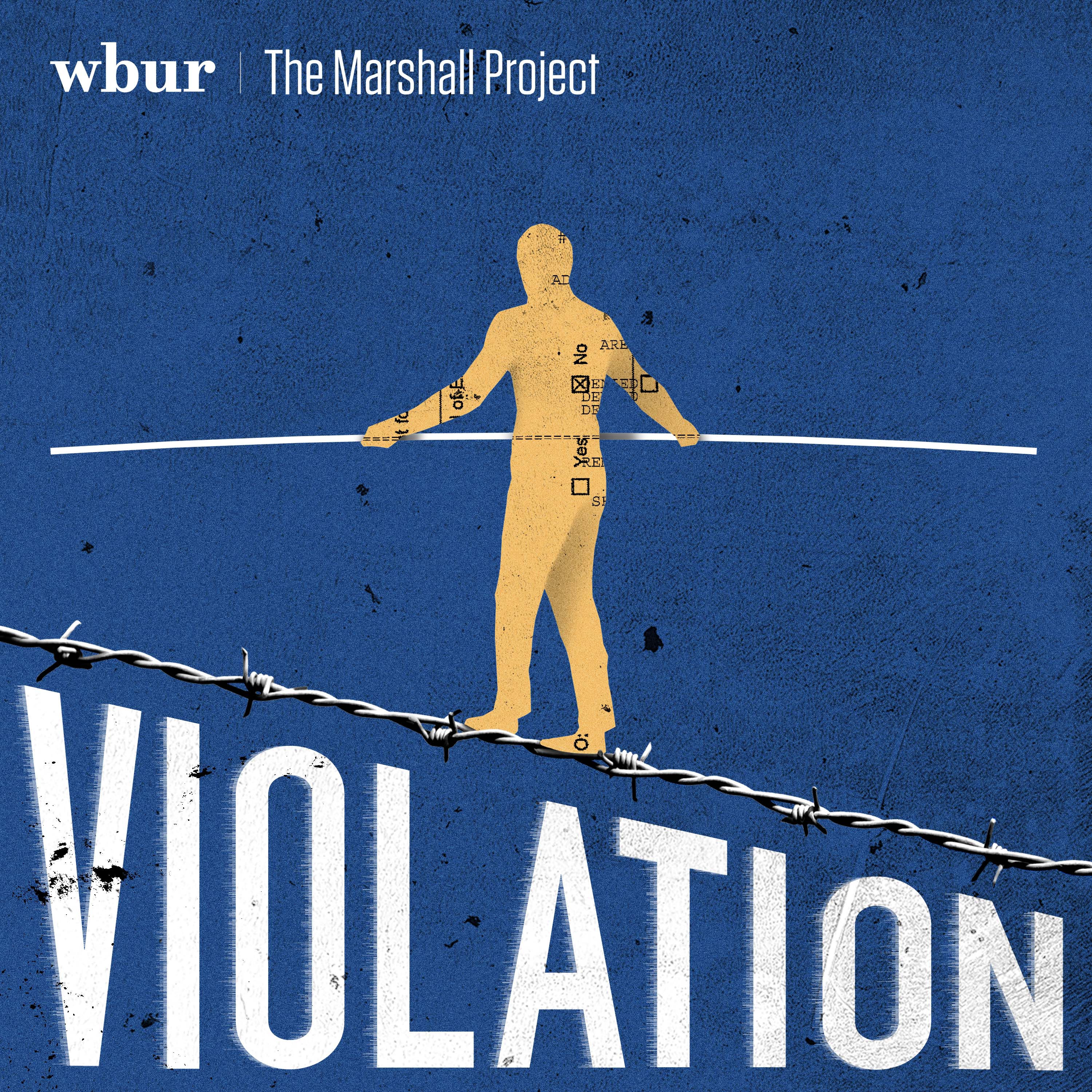Episode

Two Sons, Lost
Description
Why did Jacob Wideman murder Eric Kane? In 1986, the two 16-year-olds were rooming together on a summer camp trip to the Grand Canyon when Jacob fatally — and inexplicably — stabbed Eric. That night, Jacob went on the run, absconding with the camp’s rented Oldsmobile and thousands of dollars in traveler’s checks. Before long, he turned himself in and eventually confessed to the killing — although he couldn’t explain what drove him to do it. It would take years of therapy and medical treatment behind bars before Jacob could begin to understand what was going through his mind that night. It would take even longer to try to explain it to his family, to his victim’s family and to parole board members, who would decide whether he deserved to be free ever again. This debut episode of “Violation,” a podcast from WBUR and The Marshall Project, introduces the story of the crime that has bound two families together for decades. Jacob’s father, John Edgar Wideman, is an acclaimed author of many books on race, violence and criminal justice. He spoke with Violation host Beth Schwartzapfel in a rare, in-depth interview about his son’s case that listeners will hear throughout the series, including this premiere.
Chapters
The host and John Edgar Wideman discuss passages from Wideman's books, which explore themes such as the criminal justice system, racism, class, and privilege.
00:00 - 01:18 (01:18)
Summary
The host and John Edgar Wideman discuss passages from Wideman's books, which explore themes such as the criminal justice system, racism, class, and privilege. They also reflect on how these themes intersect with the life story of Wideman's middle child, Jacob.
EpisodeTwo Sons, Lost
PodcastViolation
A writer examines Jake's case, a prisoner in the Arizona Department of Corrections, and how even though the dynamics of the case may be similar to others, it highlights the idea that good stories contain essential truth whether or not they are actually true.
01:18 - 07:28 (06:10)
Summary
A writer examines Jake's case, a prisoner in the Arizona Department of Corrections, and how even though the dynamics of the case may be similar to others, it highlights the idea that good stories contain essential truth whether or not they are actually true.
EpisodeTwo Sons, Lost
PodcastViolation
The power of parole boards over how much time people serve in prison has become a concern.
07:32 - 15:33 (08:00)
Summary
The power of parole boards over how much time people serve in prison has become a concern. In some states, these unelected bodies have more authority than judges or juries on the matter.
EpisodeTwo Sons, Lost
PodcastViolation
A former camper at a summer camp recounts bizarre behavior from one of the counselors, while another counselor reveals unsettling racial dynamics at the camp.
15:33 - 22:00 (06:27)
Summary
A former camper at a summer camp recounts bizarre behavior from one of the counselors, while another counselor reveals unsettling racial dynamics at the camp.
EpisodeTwo Sons, Lost
PodcastViolation
Bill reminisces about the past and remembers seeing Jake with a map in his car.
22:00 - 28:36 (06:36)
Summary
Bill reminisces about the past and remembers seeing Jake with a map in his car. Childhood friends recall happy memories of playing together outside.
EpisodeTwo Sons, Lost
PodcastViolation
The hosts of the Generation Why podcast talk about the unsolved murder of Villanova University student, Catherine Susan "Cathy" Weaver, and the suspects who got away with her murder.
28:36 - 33:32 (04:56)
Summary
The hosts of the Generation Why podcast talk about the unsolved murder of Villanova University student, Catherine Susan "Cathy" Weaver, and the suspects who got away with her murder.
EpisodeTwo Sons, Lost
PodcastViolation
The episode discusses the story of John Weidman, a Pulitzer Prize-winning author and academic, and his family's experiences.
33:33 - 35:44 (02:11)
Summary
The episode discusses the story of John Weidman, a Pulitzer Prize-winning author and academic, and his family's experiences. The family faced numerous issues, including mental health issues, substance abuse, and imprisonment, leading Weidman to become a strong advocate for prisoner rights.